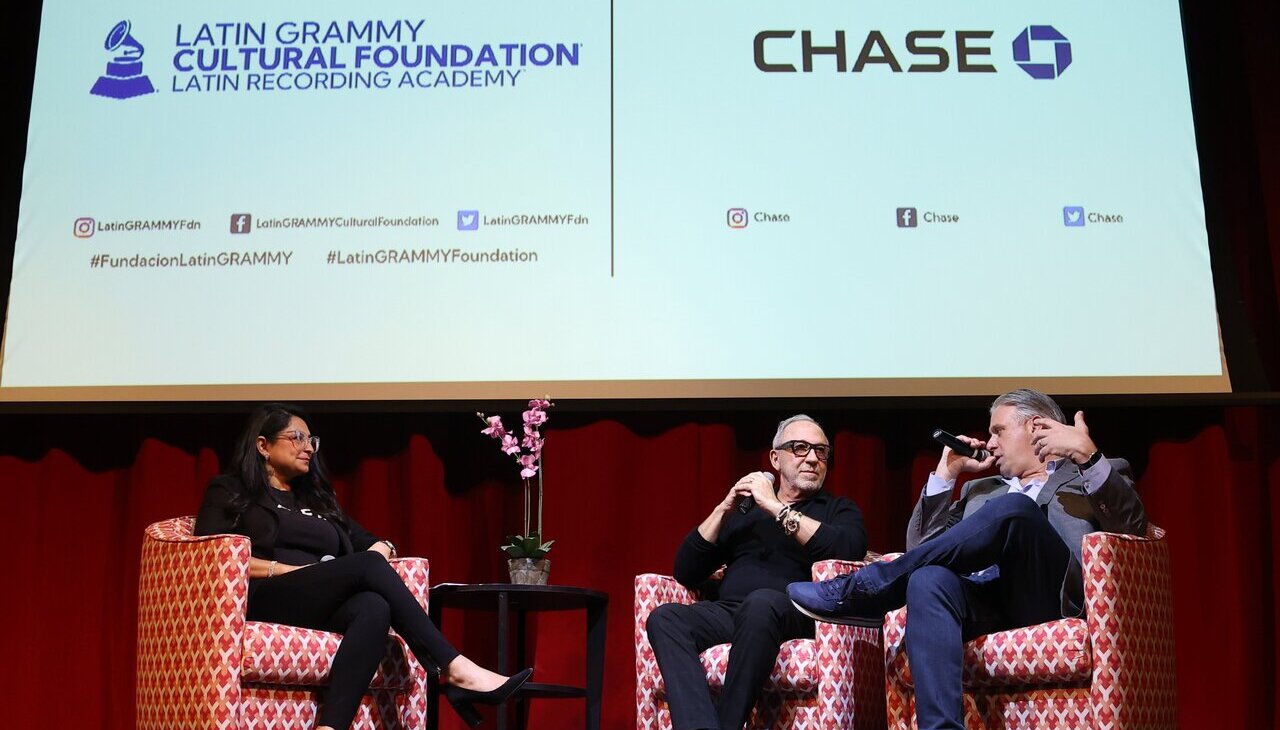
Latin Grammy Cultural Foundation announces the winners of its Research and Preservation Grants Program
The initiative aimed at the investigation and preservation of Latin music completes hits eight years.
Talented musicologists, music institutions, nonprofit organizations, and researchers from around the world who enhance and preserve the heritage of Latino music will receive a total of $20,000 from the Latin Grammy Cultural Foundation as part of its eighth annual Research and Preservation Grants Program.
The four grants, each with a maximum value of $5,000, support the following types of projects:
- Preservation grants fund the cataloging and preservation of Latin music and its unique customs.
- Research grants support projects dedicated to historical and anthropological studies, and the documentation of Latino folklore and traditions.
Raquel ‘Rocky’ Egusquiza, executive director of the Latin Grammy Cultural Foundation, said:
RELATED CONTENT
For the eighth consecutive year, we have the pleasure and privilege of awarding Research and Preservation Grants to deserving Latin music creators.
Who won?
The Latin Grammy Cultural Foundation highlighted the diverse group of institutions and researchers that will receive support.
Preservation Grants Awarded:
- Andrew Skinner, Clayton, GA, United States, and Daniel Zanessi, Mendoza, Argentina — Through the project Preservation and Distribution of the Studio Zanessi Collection (Rescate y Difusión de la Colección del Estudio Zanessi), the goal is to digitalize, promote, and distribute unpublished recordings of invaluable cultural and historical significance to Argentina's interior, archived in quarter-inch tape in Mendoza’s historic music studio, Zanessi Studios. This collection has been declared of national interest by the Province of Mendoza, and as its tape nears 50 years old, it is in urgent need of being preserved. The musicians who recorded at Zanessi, from around western Argentina, were foundational in shaping the sound of contemporary Argentine folk music. Many of these musicians formed part of the Nuevo Cancionero Movement, a social artistic movement founded in Mendoza in 1963 that sought to represent the lives and experiences of everyday Argentinians, promote Pan-Americanism, and bend traditional folk music rules. The movement, with the voice of Mercedes Sosa, the poetry of Armando Tejada Gómez, the melodies of Oscar Matus, and the compositions of virtuosic guitarist, Tito Francia, inspired and linked with other New Song movements around Latin America.
- Gustavo Ahualli, Latin American Music Center, The Catholic University of America — For many years, the Latin American Music Center (LAMC) at The Catholic University of America has suffered from a lack of resources to devote the proper time and attention towards the process of cataloging and maintaining its specialized library of Latin American sheet music, books, and recordings. The LAMC has responded to this issue by developing a multi-phase project focused on the process of cataloging and digitizing the complete collection while preserving its fragile materials. One of the primary goals of the LAMC is to continue to create opportunities for the broad dissemination of Latin American music and culture through the resources and multifaceted activities of the Center, which include numerous institutional collaborations, cultural exchanges and world-class musical performances.
¡Nos enorgullece anunciar a los cuatro (4) ganadores de nuestro Programa de Subvenciones 2023! Estos proyectos se dedican a la investigación y preservación de música Latina alrededor del mundo cada subvención con un valor máximo de $5,000 dólares. https://t.co/qT1zMuRWf3 pic.twitter.com/Yd6UaSrB8B
— LatinGRAMMYFdn (@LatinGRAMMYFdn) February 16, 2023
Research Grants Awarded:
- Gabriela Gómez Estévez, Louisiana State University — Dicotomía: Contextualizing the Symphonic Works of Margarita Luna García is a project that analyzes the life of Dominican composer and pedagogue Margarita Luna García, who was one of the most notable figures of avant-garde music in the Dominican Republic in the 20th century. Her works synthesize vernacular musical material and modernist techniques. The lack of availability of published materials restricts the performance of Luna's symphonic works. The study aims to produce performance and audiovisual materials to improve access to her music and promote its study and performance.
- Dr. Sang Woo Kang, Seoul, South Korea — Musical borrowing is a pervasive aspect of musical creation in all genres and periods. Musicologists use several terms to describe composers’ uses of existing works, including borrowing, self-borrowing, transformative imitation, quotation, modeling, emulation, decomposition, influence and indebtedness. The goal of the project Appropriation and Multiculturalism of Latin Influence in early American Music will be to show Latin American influence on early American music through explanatory text and recordings while also highlighting the composer Louis M. Gottschalk, one of the founding fathers of classical music in the United States, including his influences and use of folk tunes, and the Latin composers who inspired him.
A committee of experts from Latin America, the Iberian Peninsula and the United States selected the recipients from among many prominent candidates. Since its inception in 2015, the Latin Grammy Foundation's Research and Preservation Grants Program has awarded more than $175,000 in grants to support projects.
“We are pleased to celebrate this year’s honorees and their respective projects which seek to uphold the legacy of Latin music through their creative and innovative endeavors inspiring and educating future generations of creators,” added Egusquiza.











LEAVE A COMMENT: